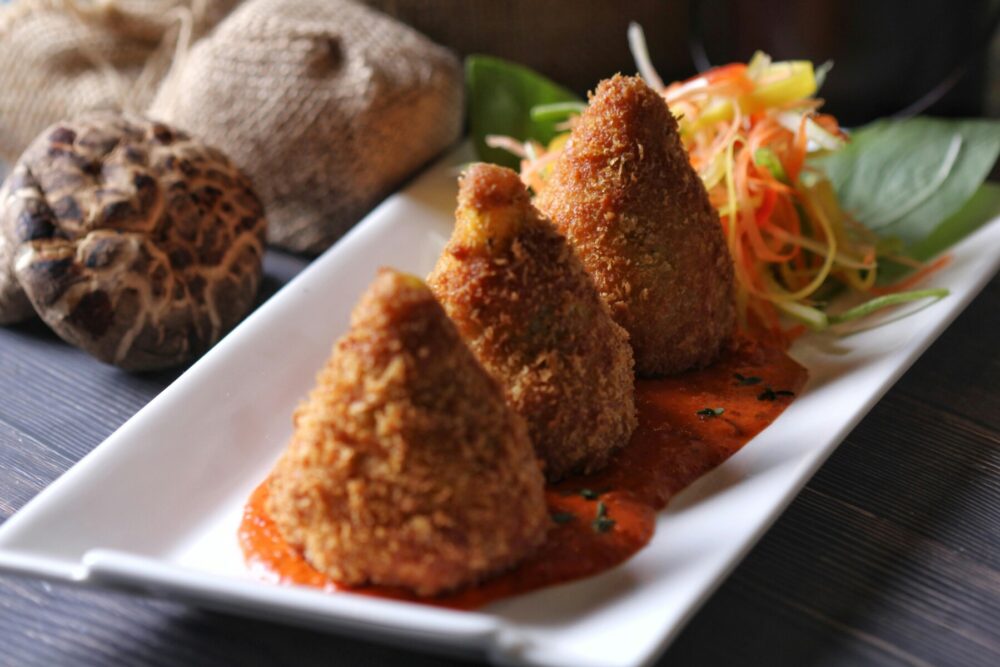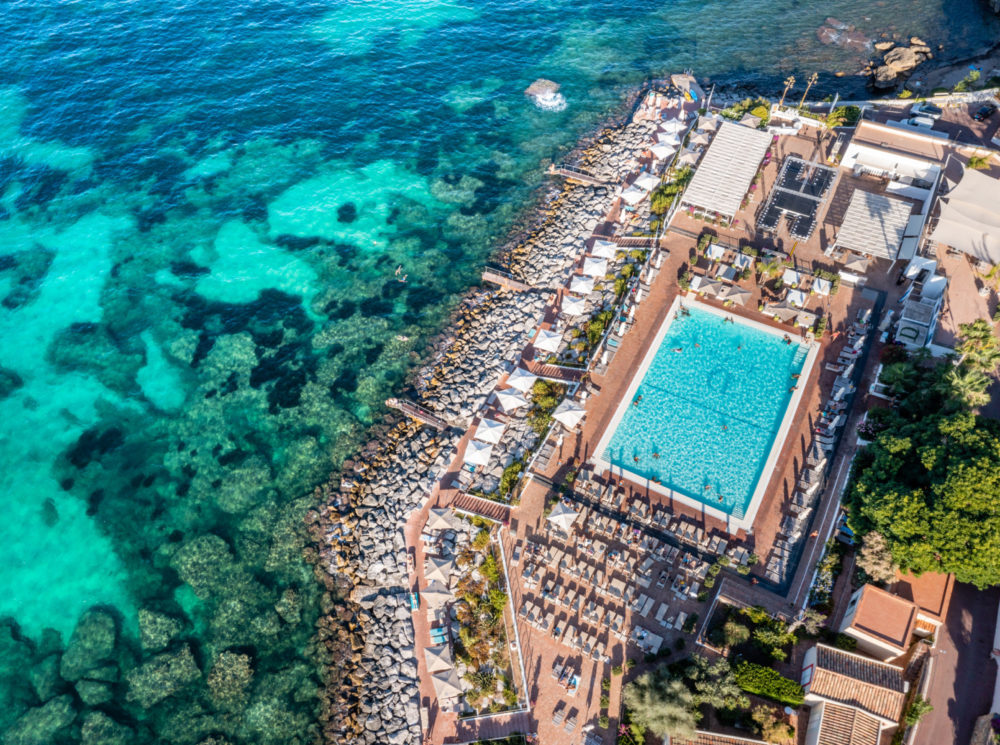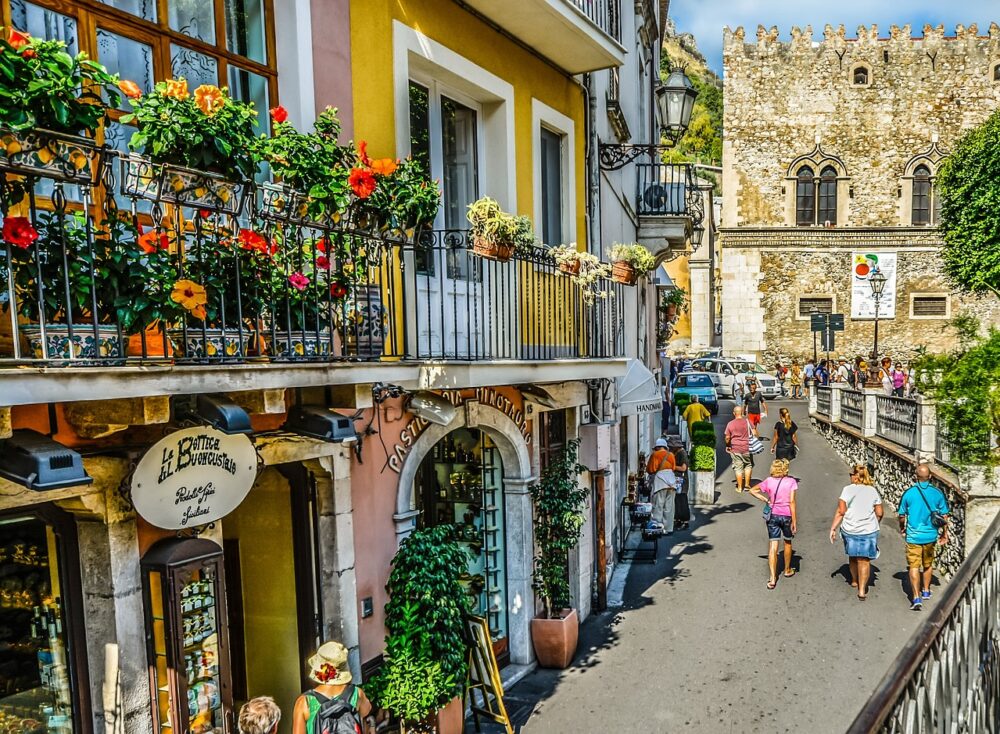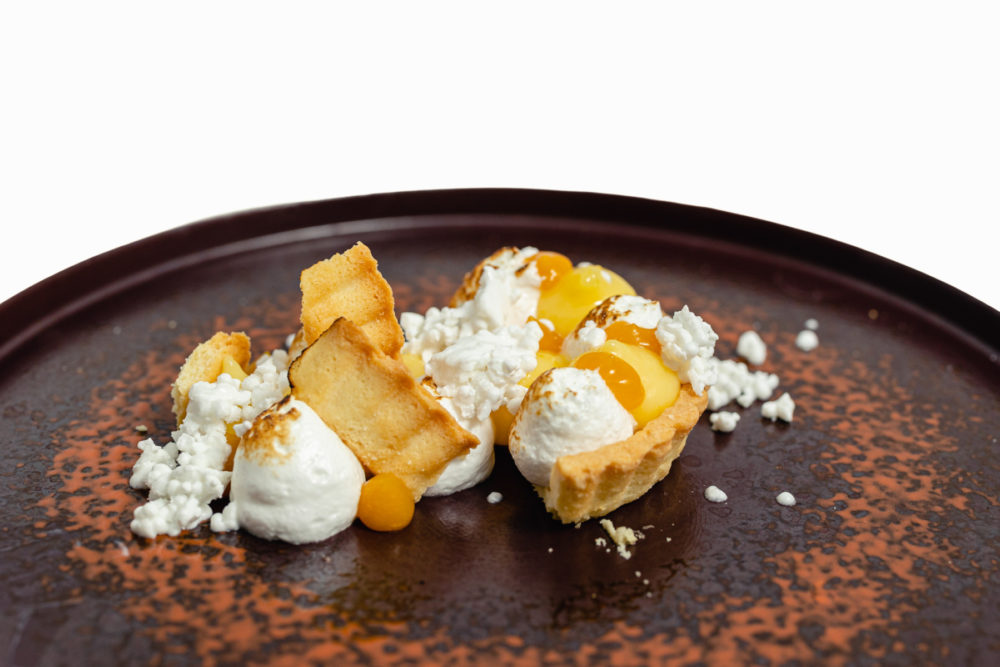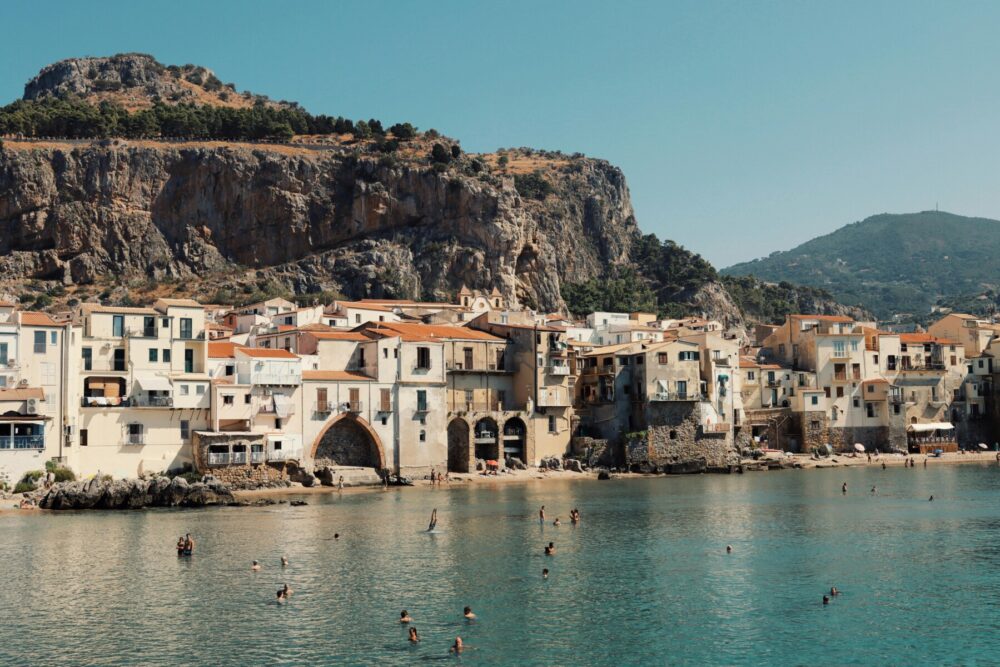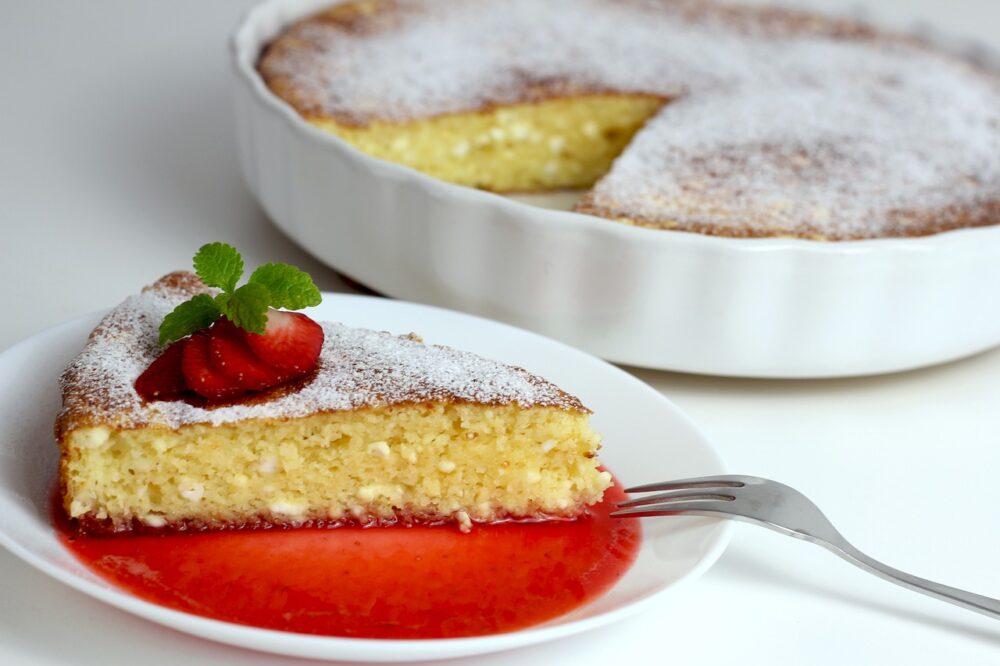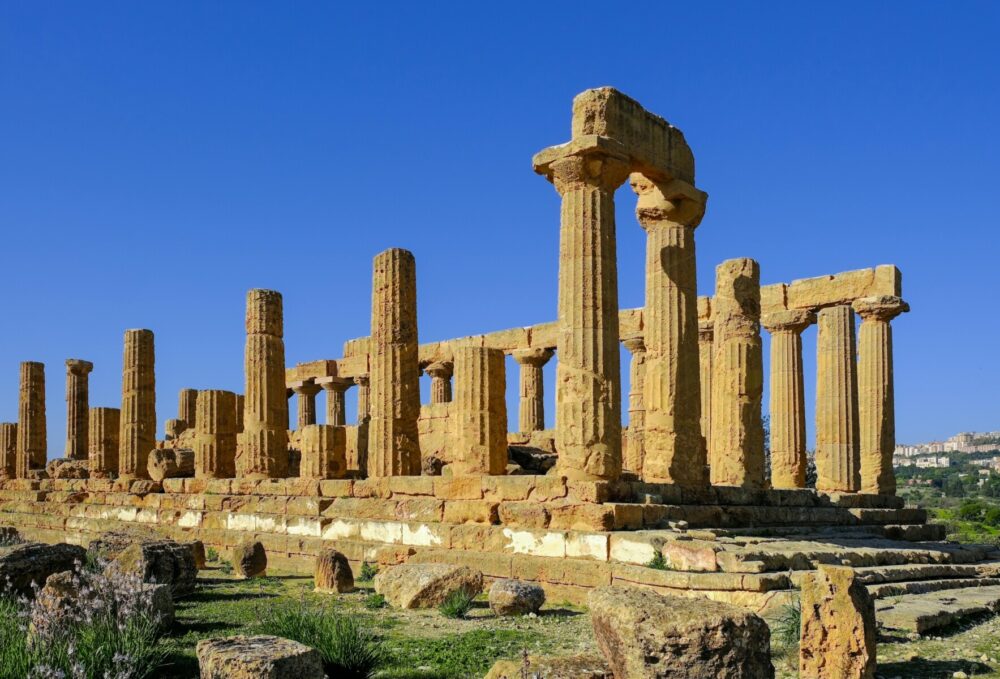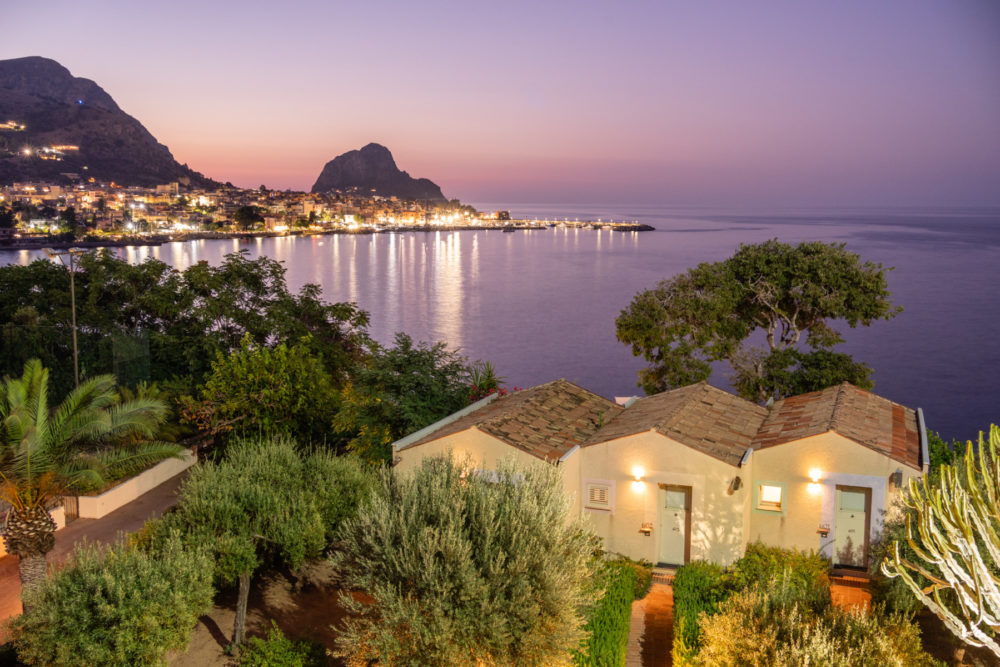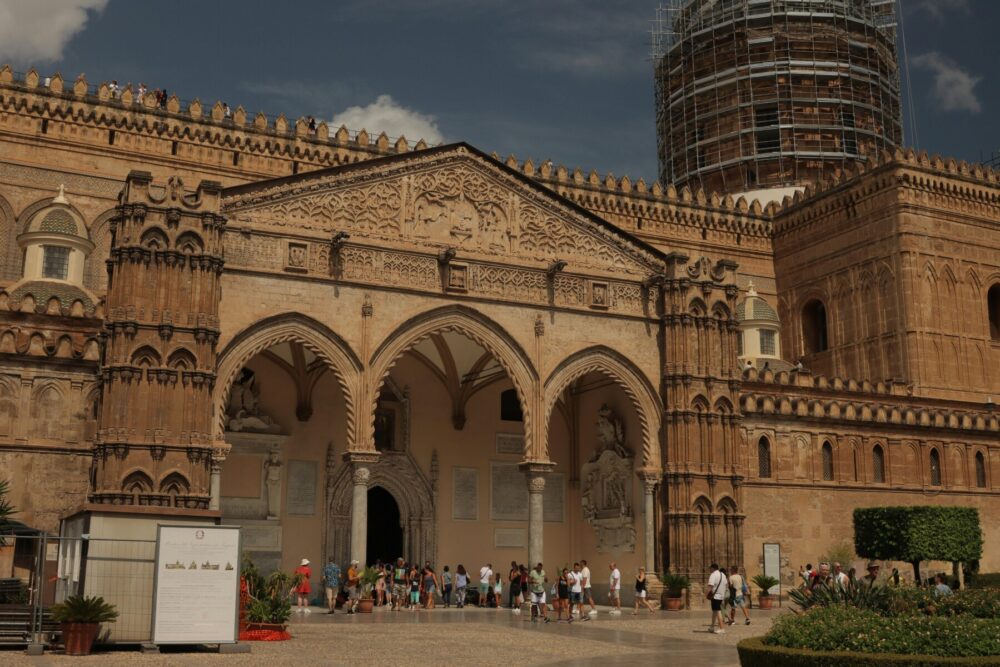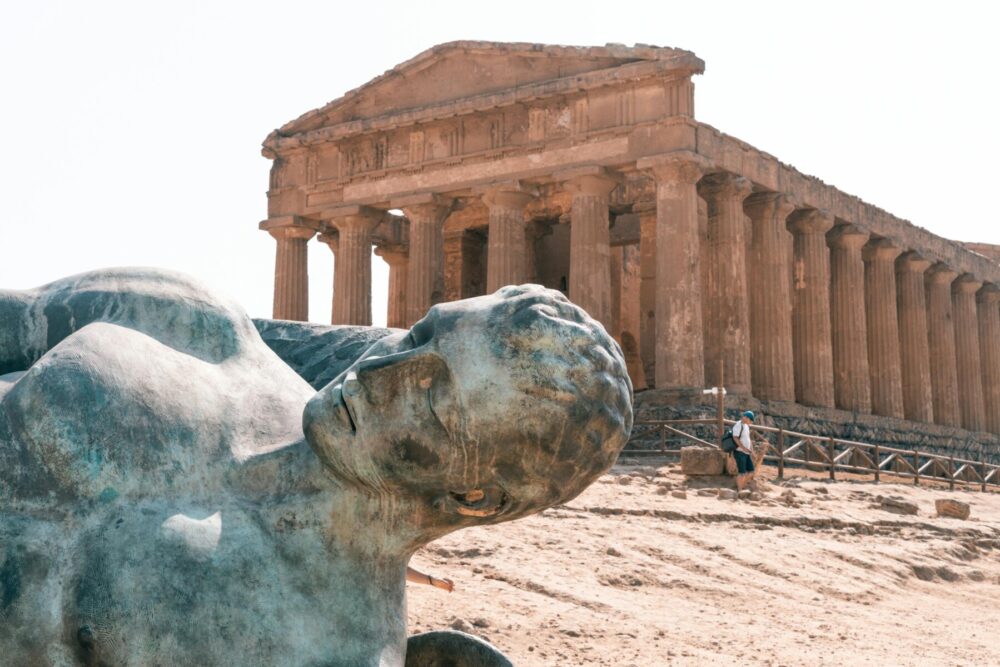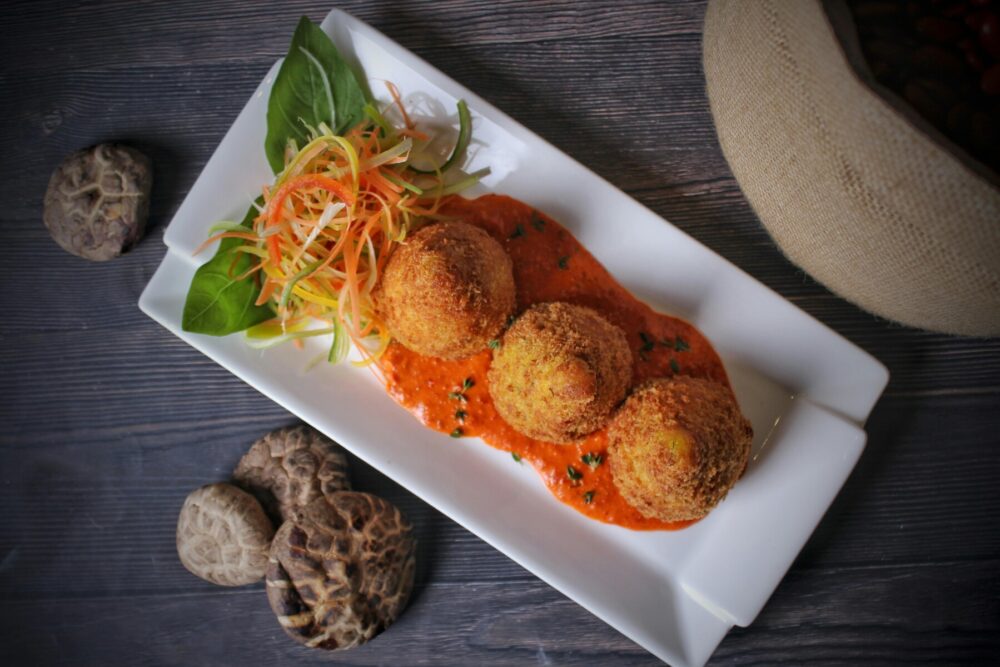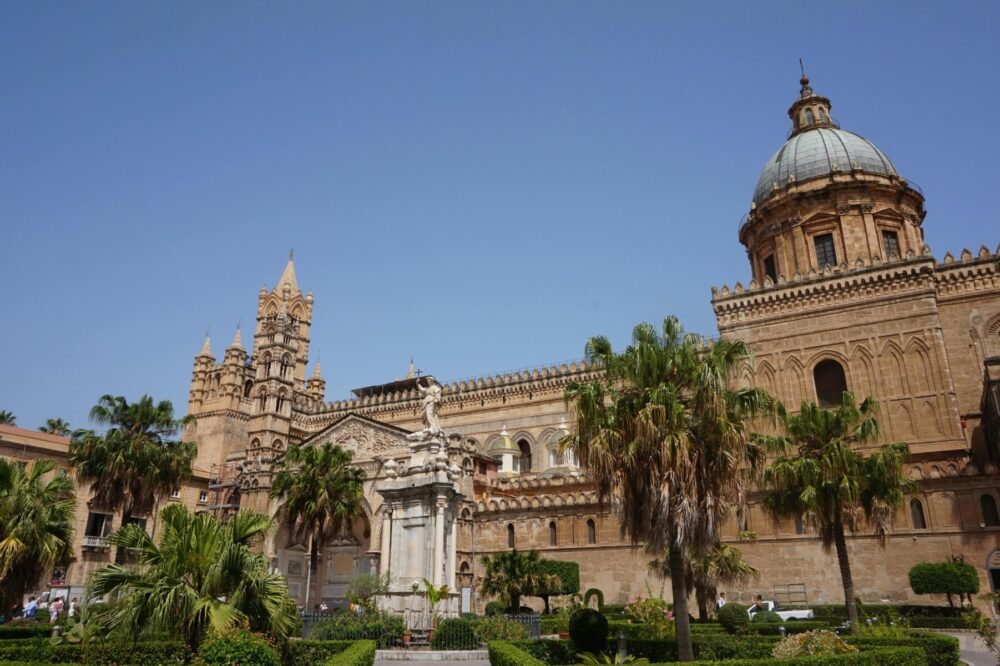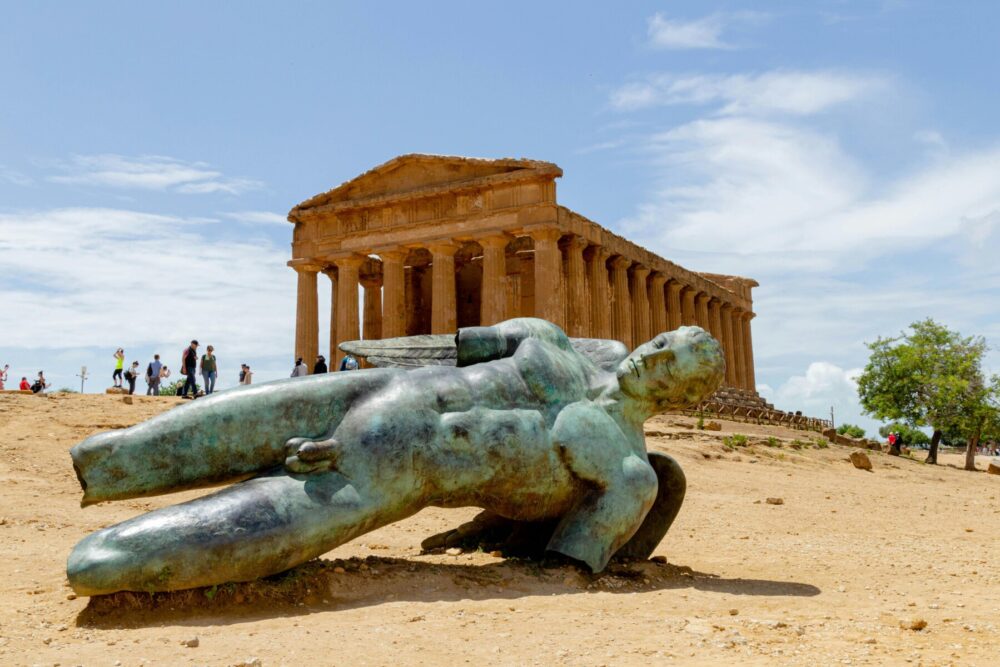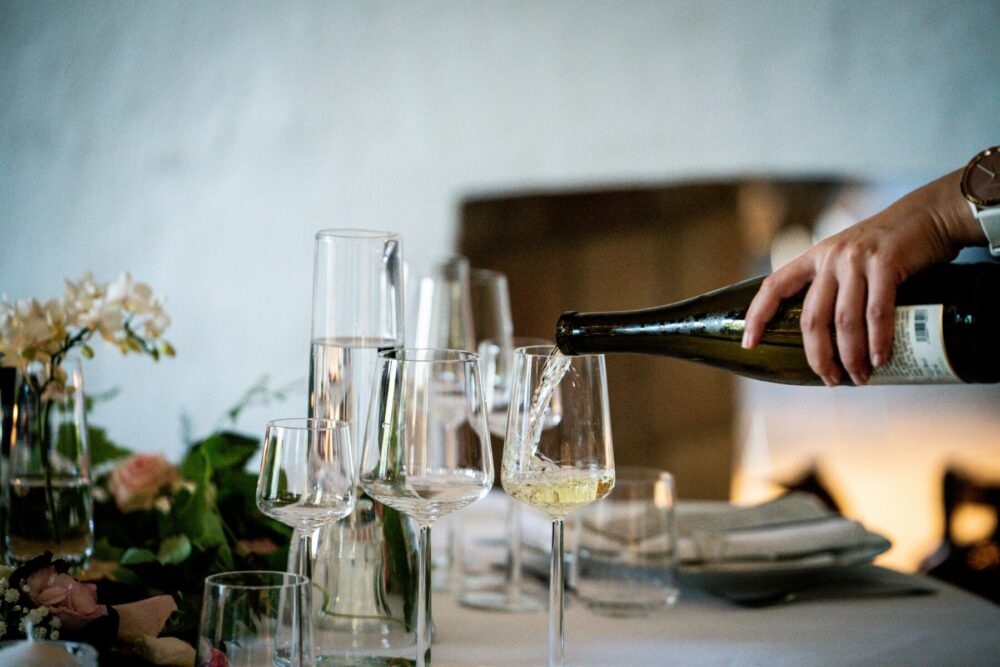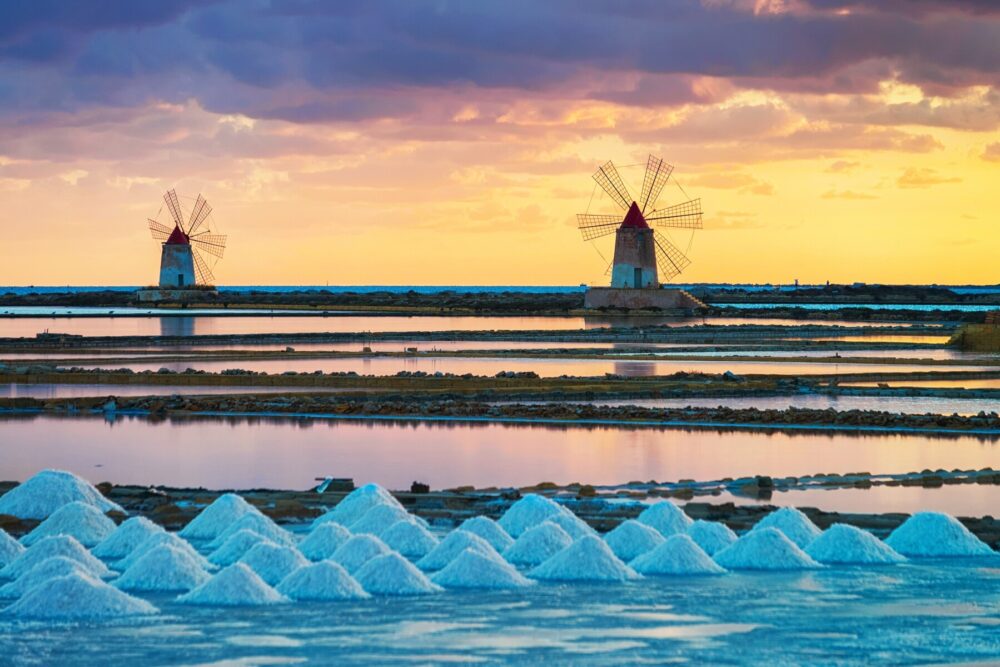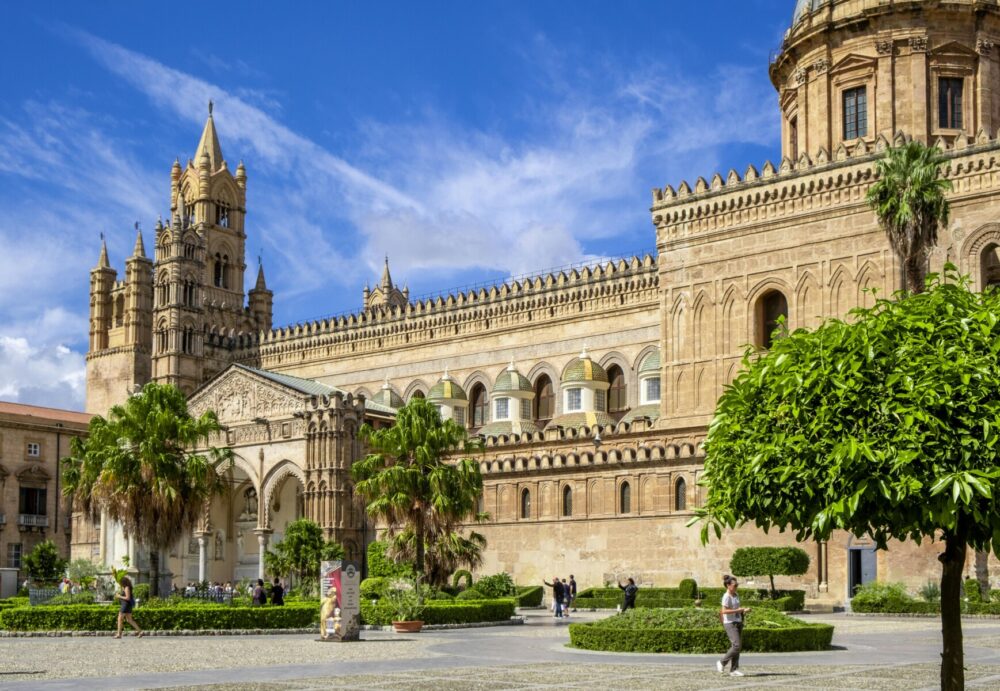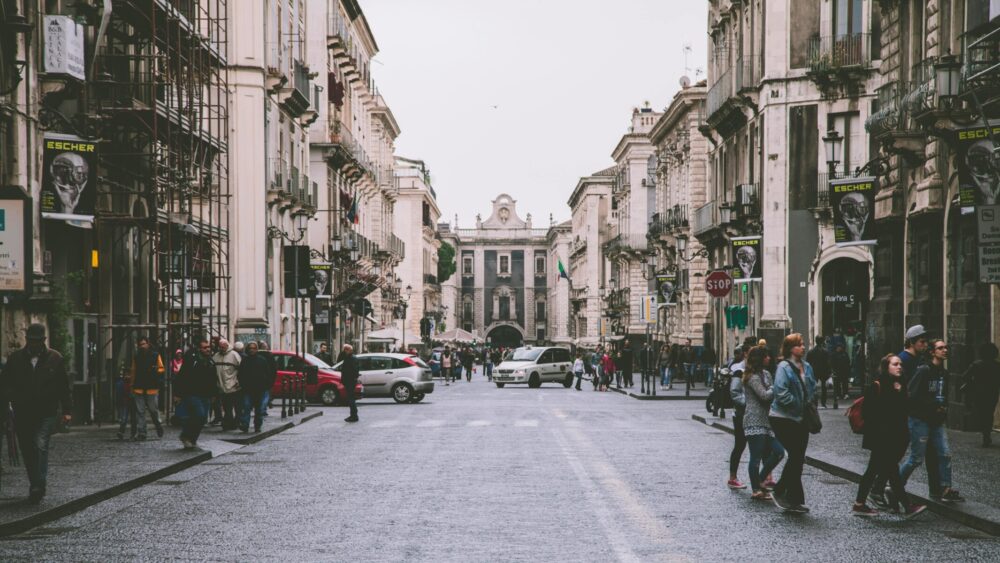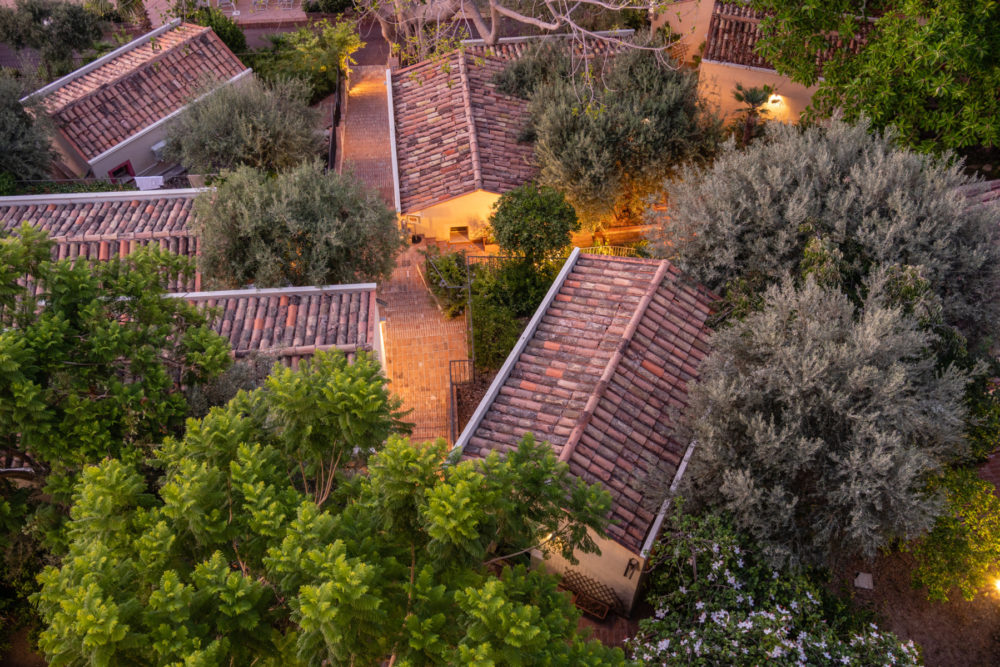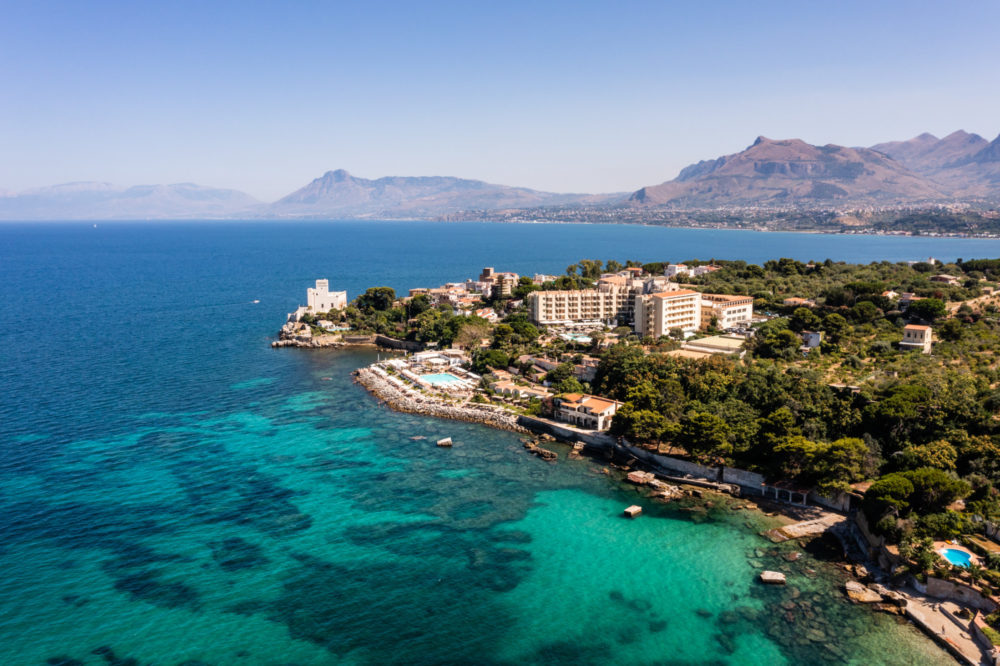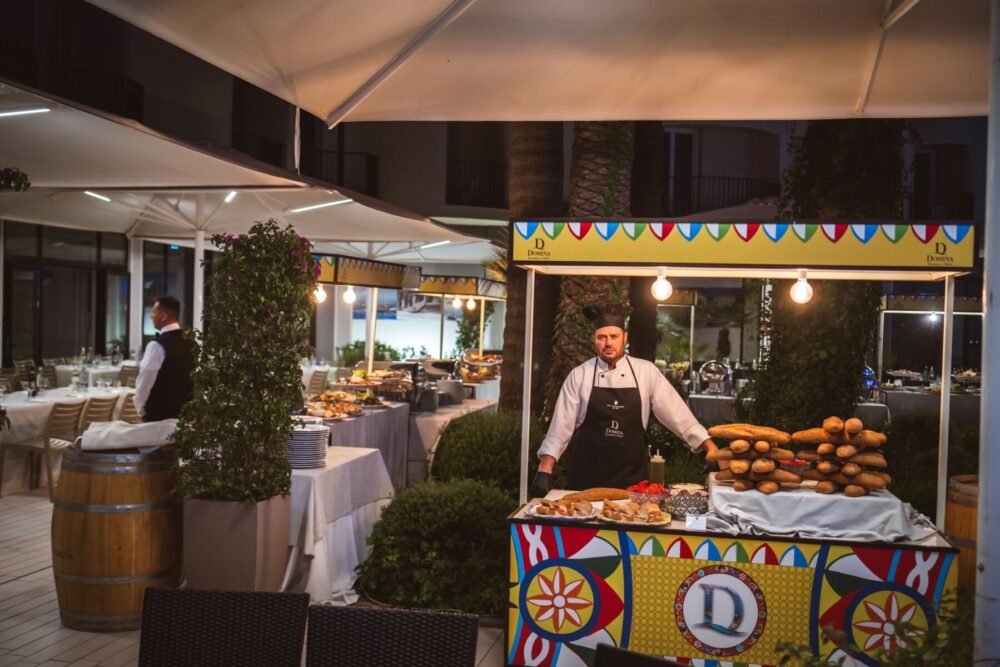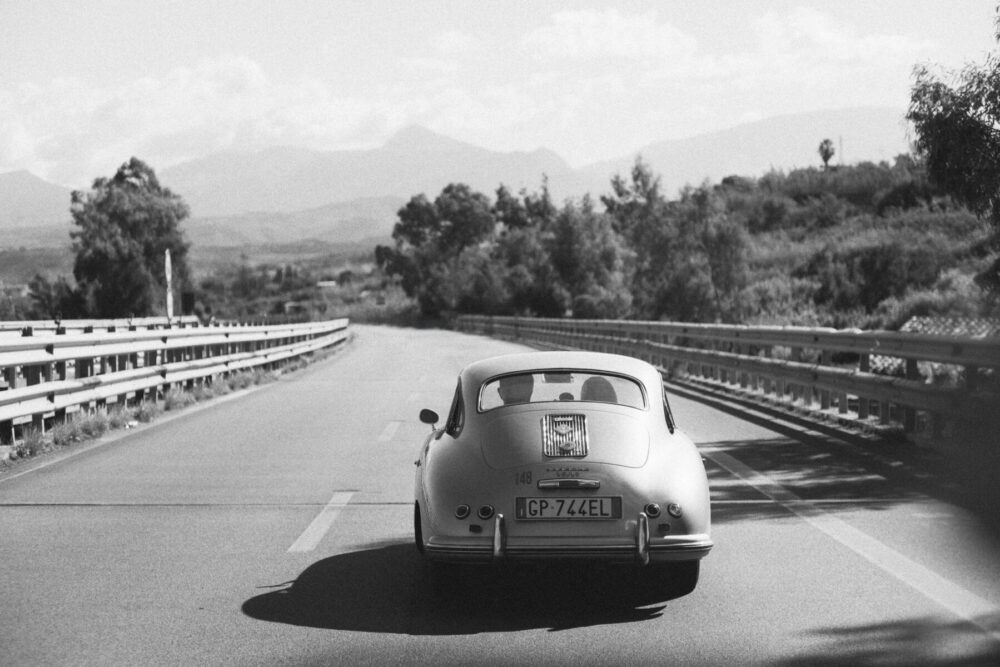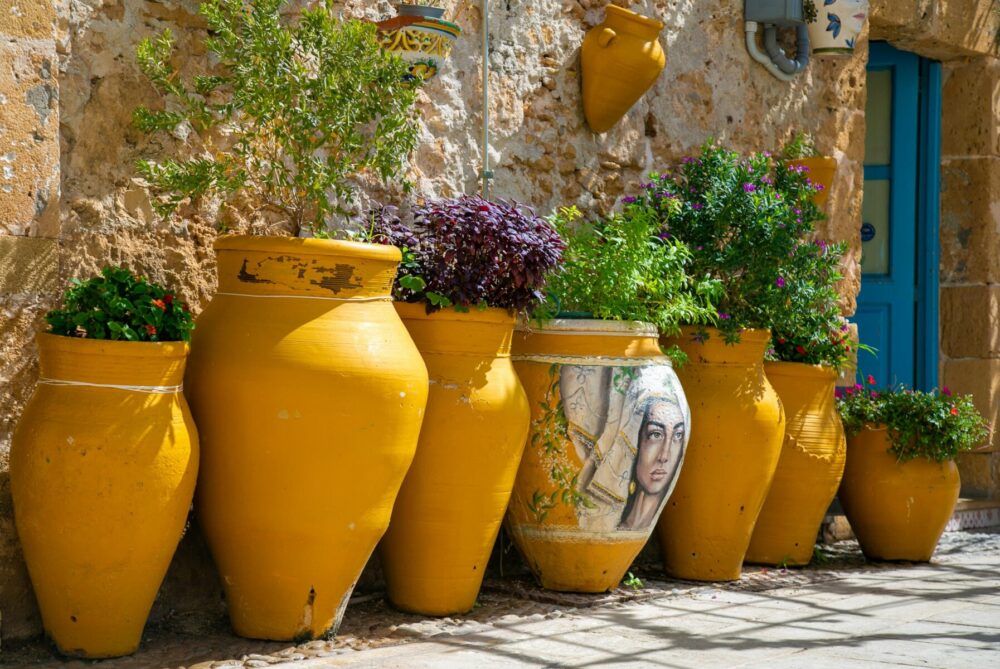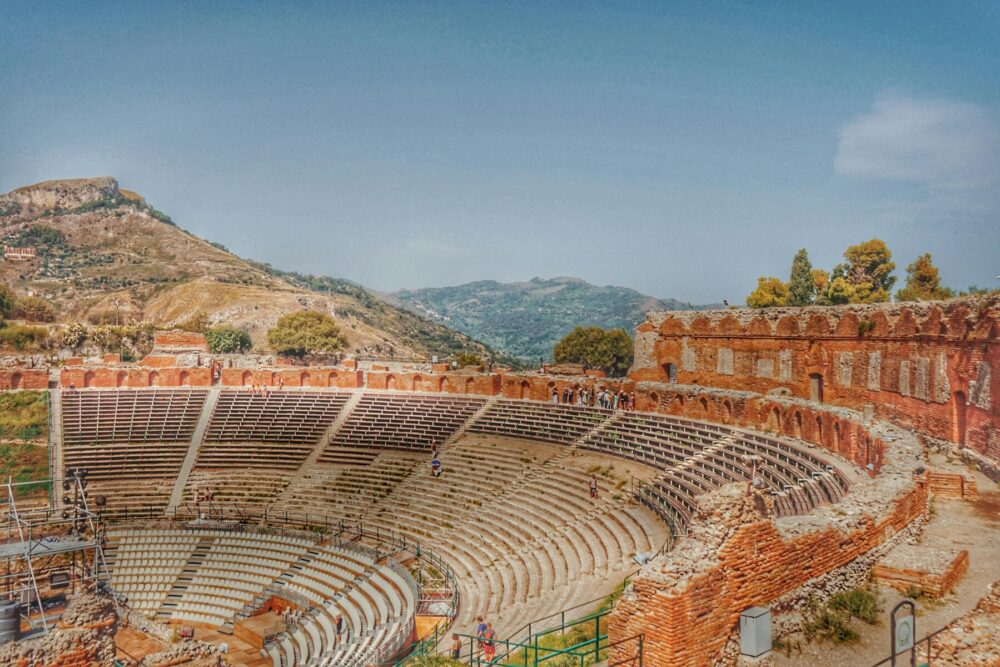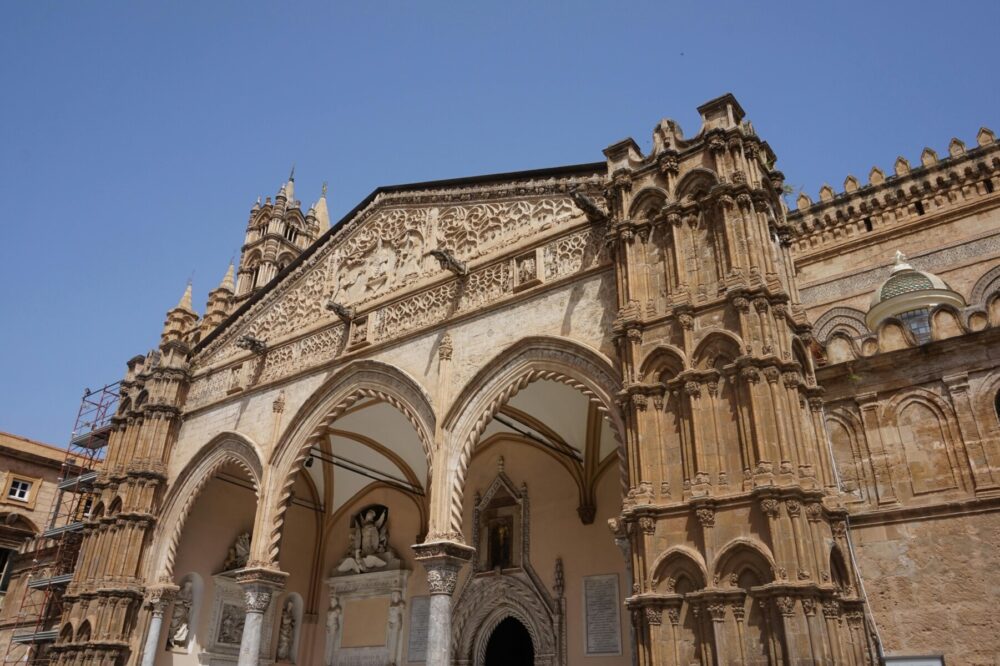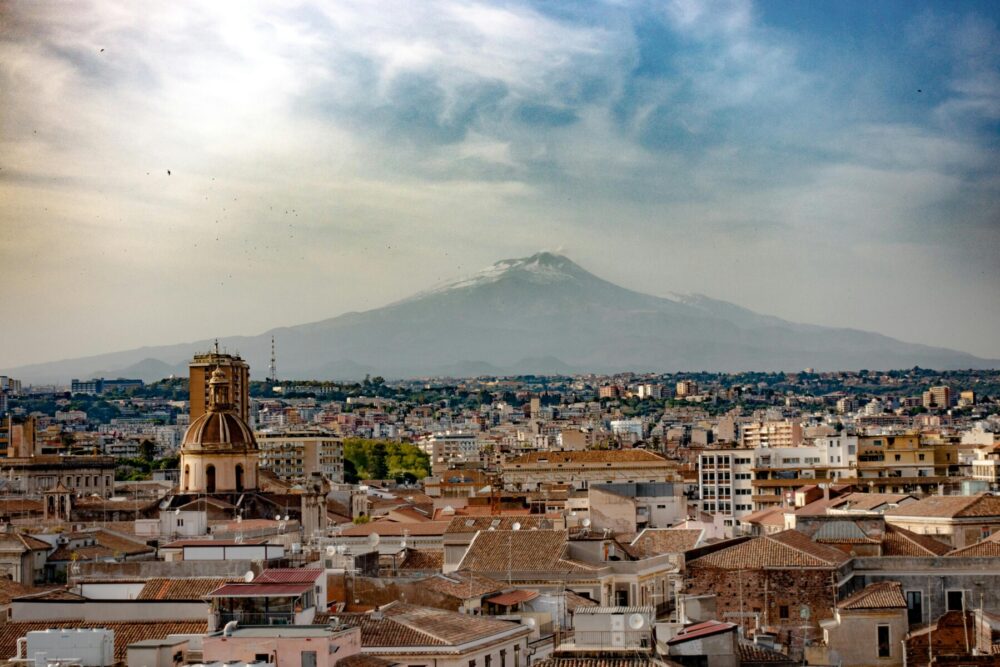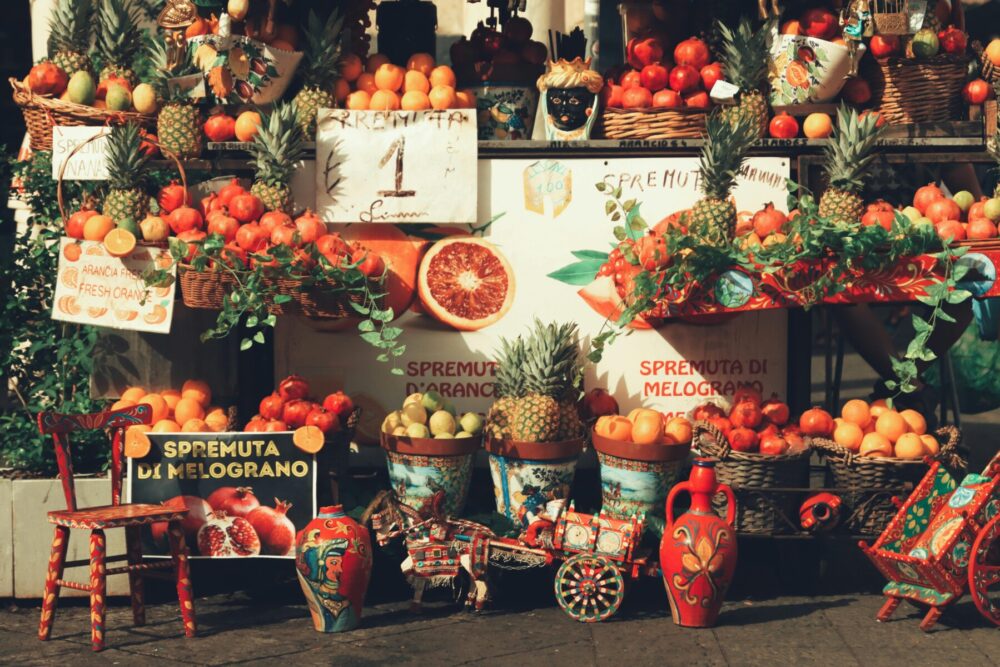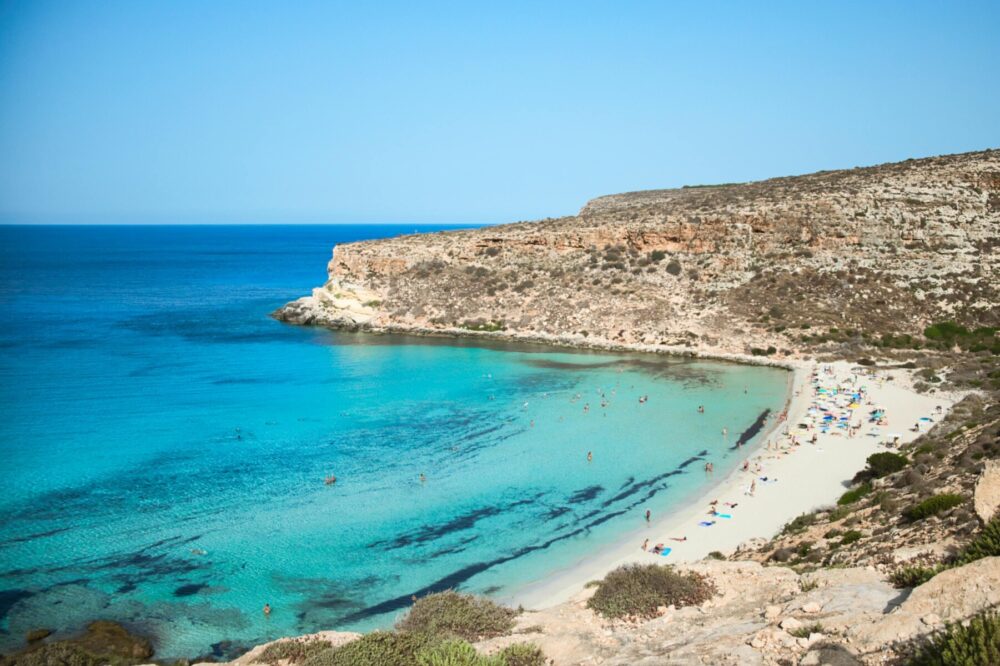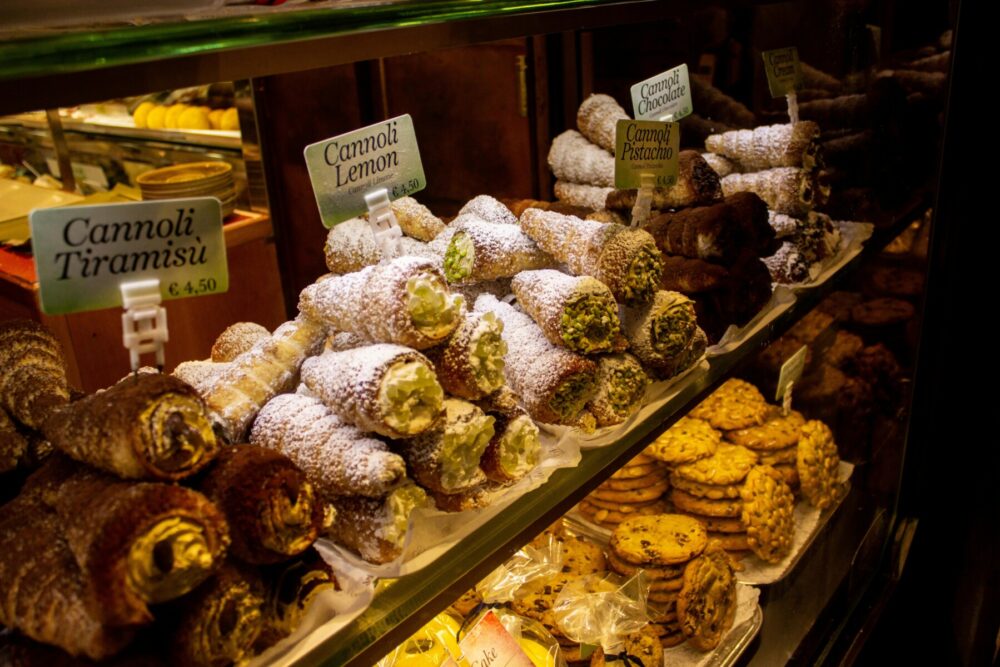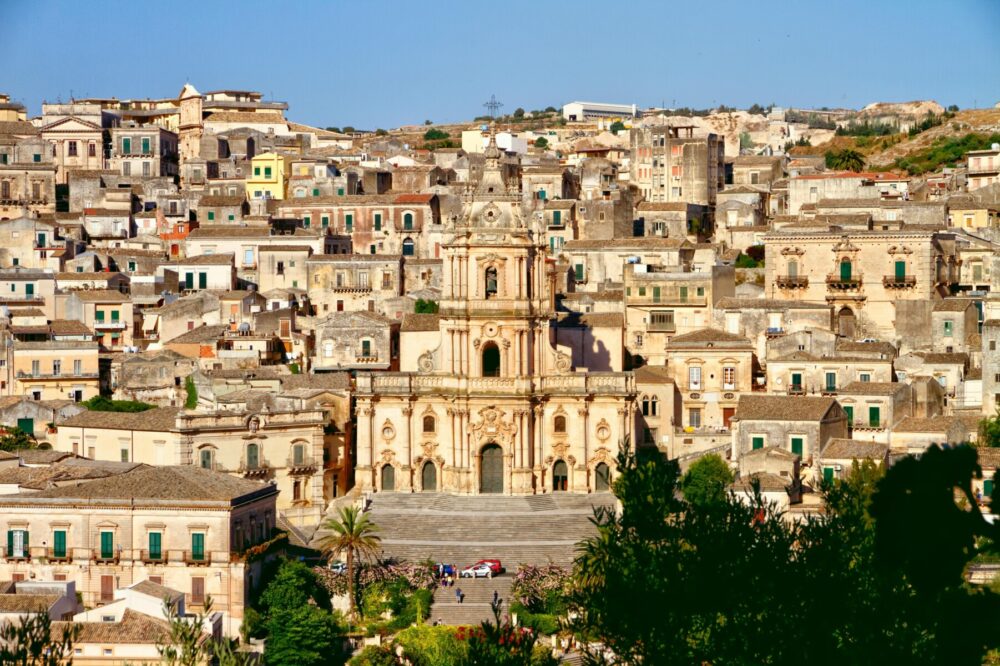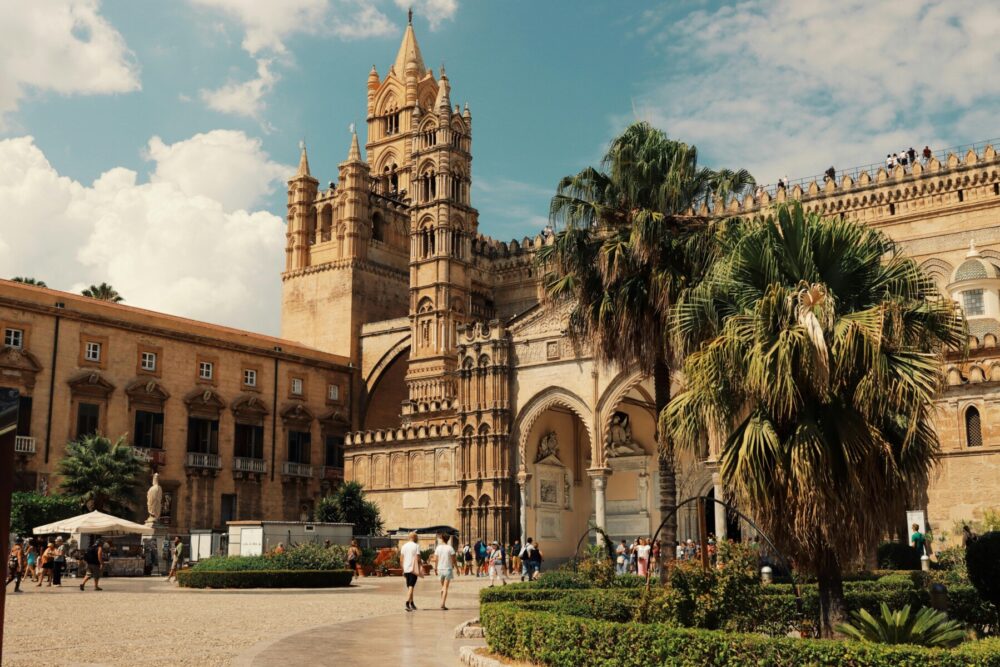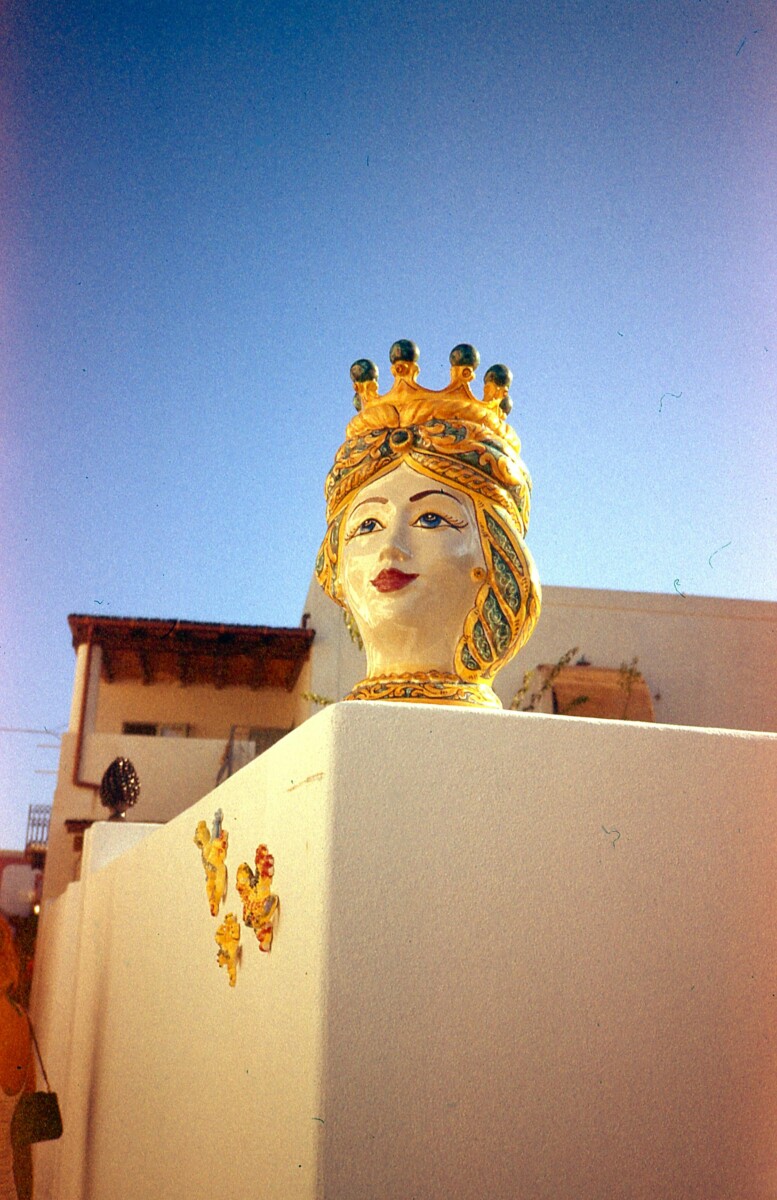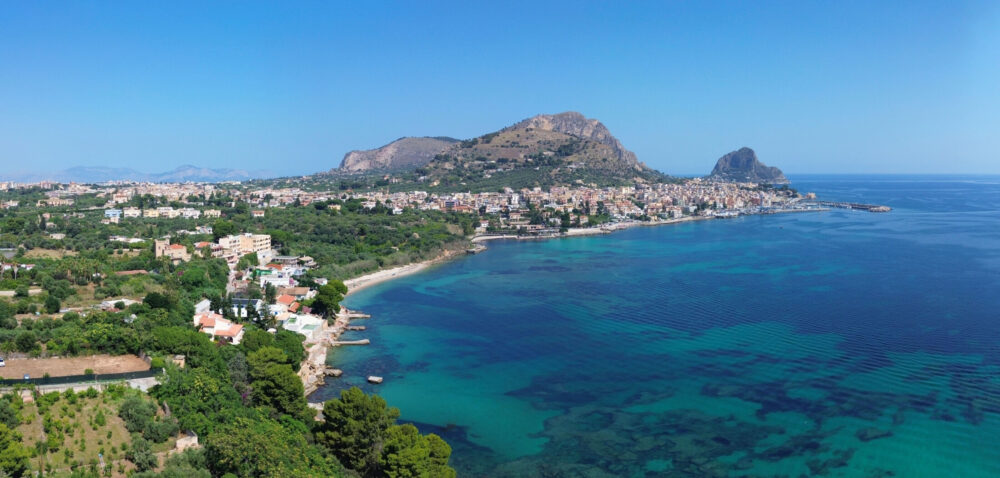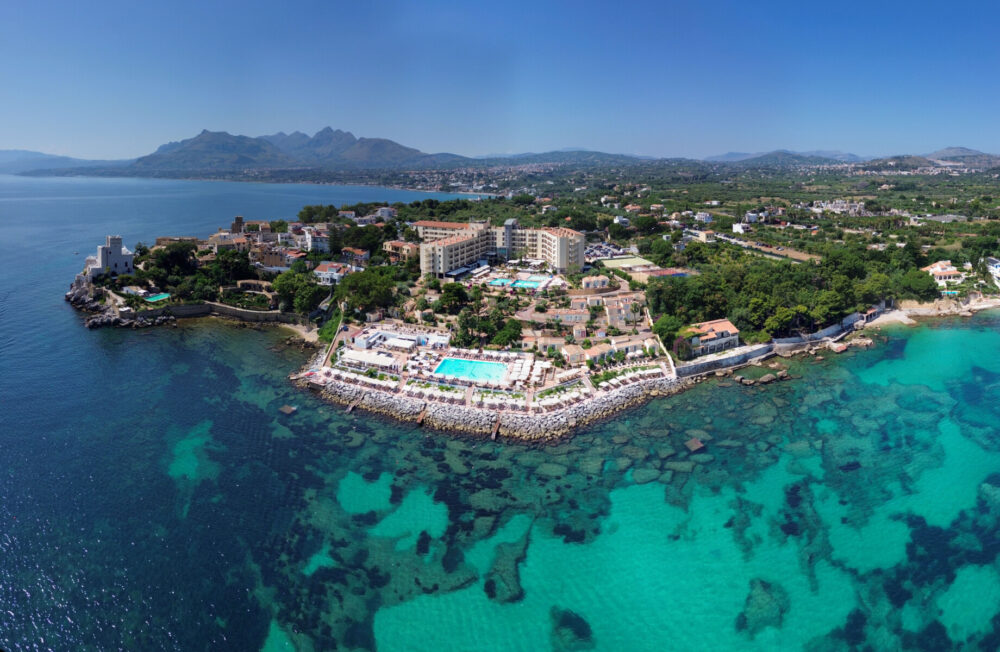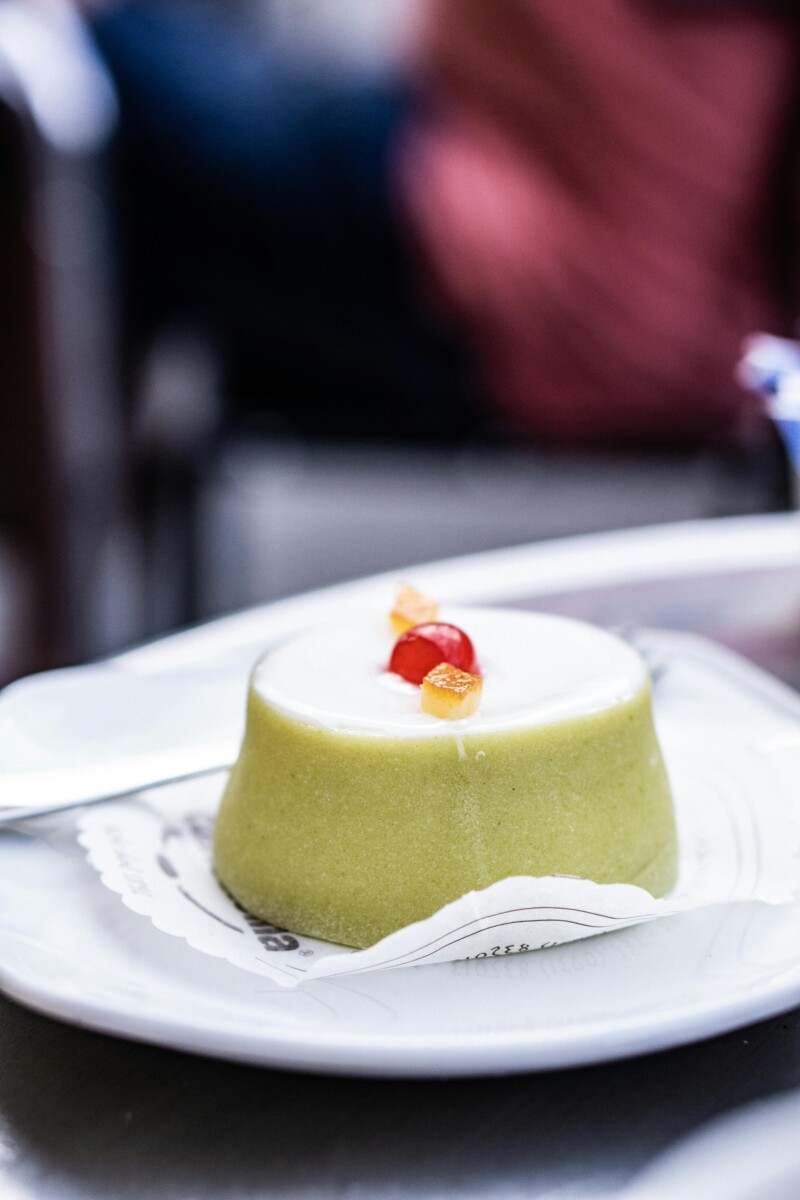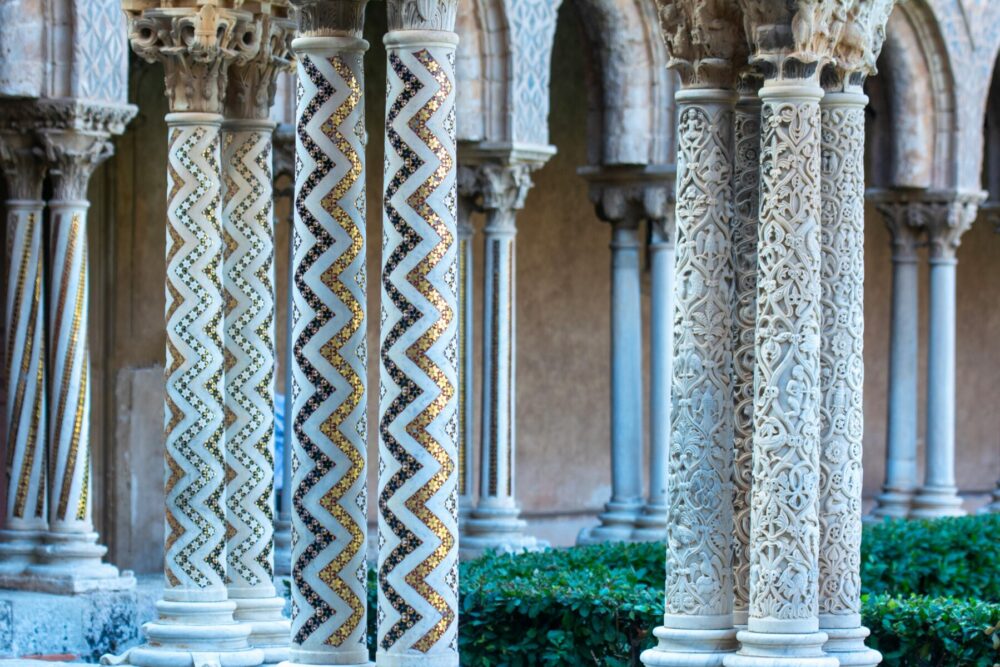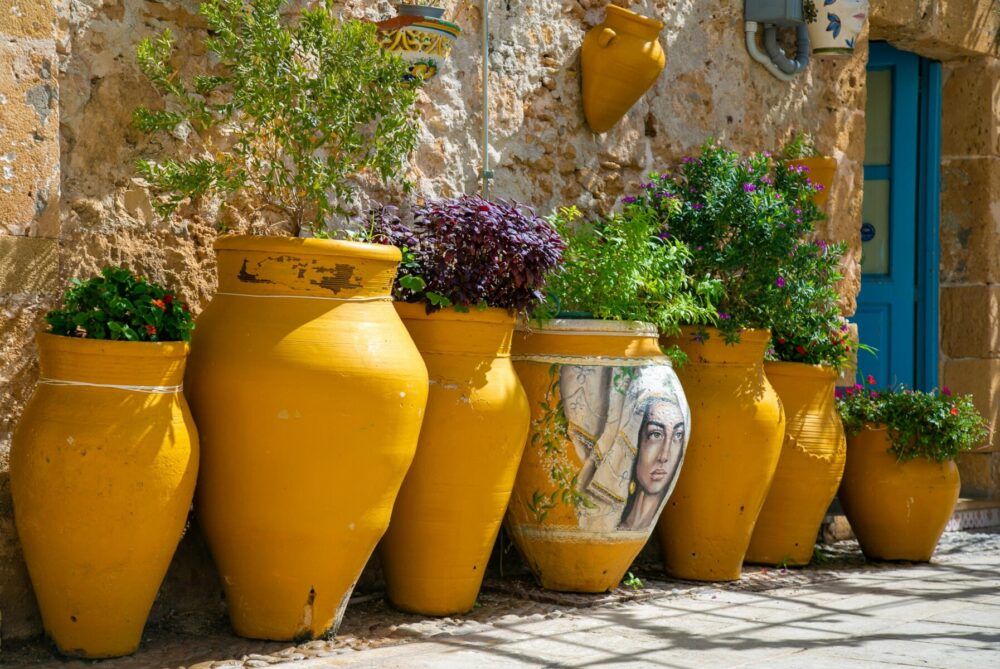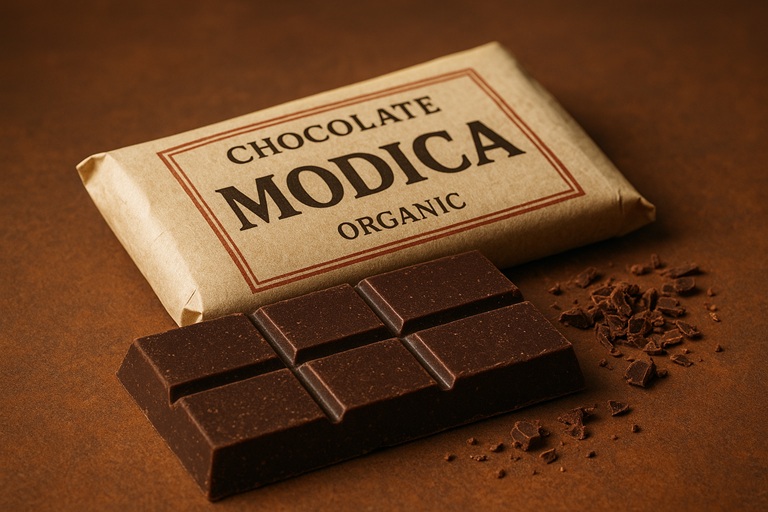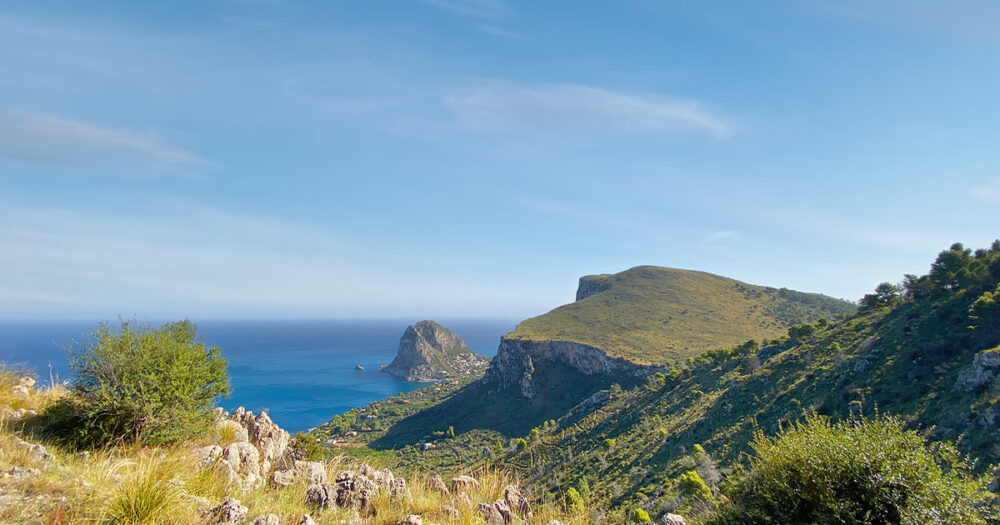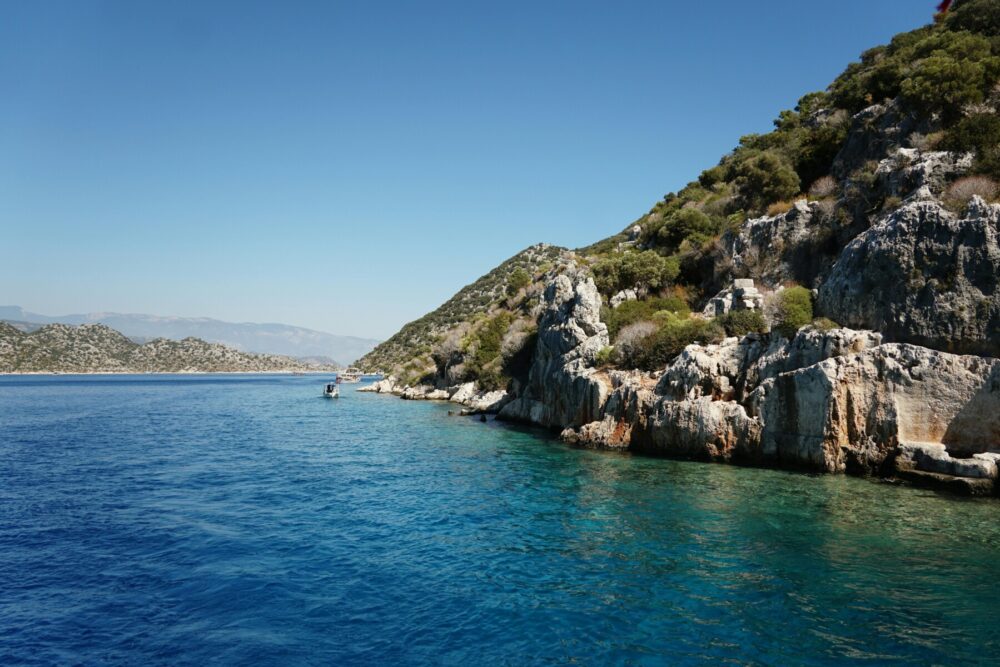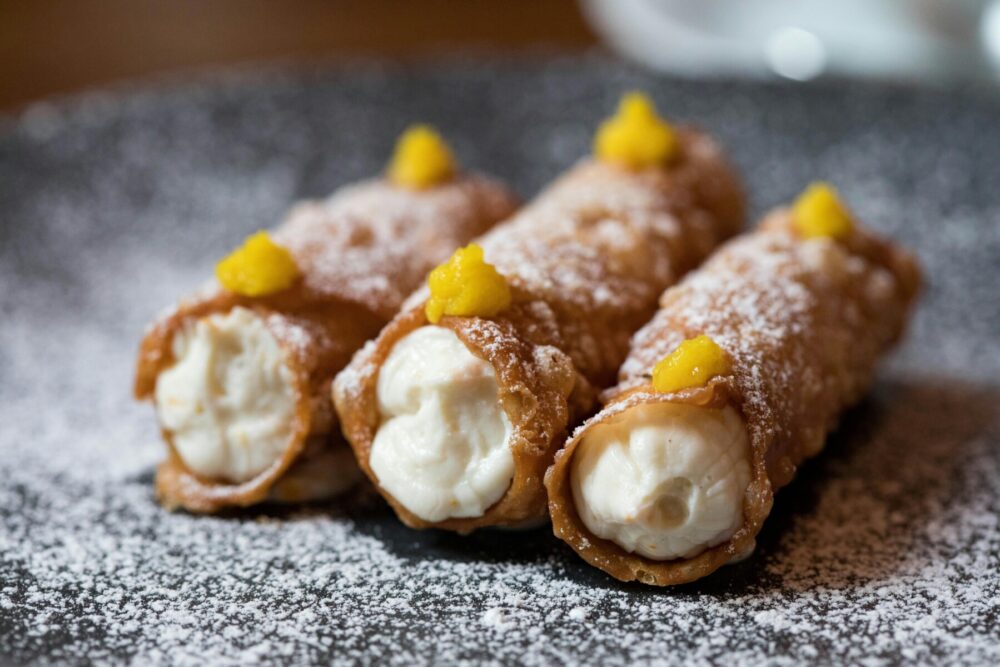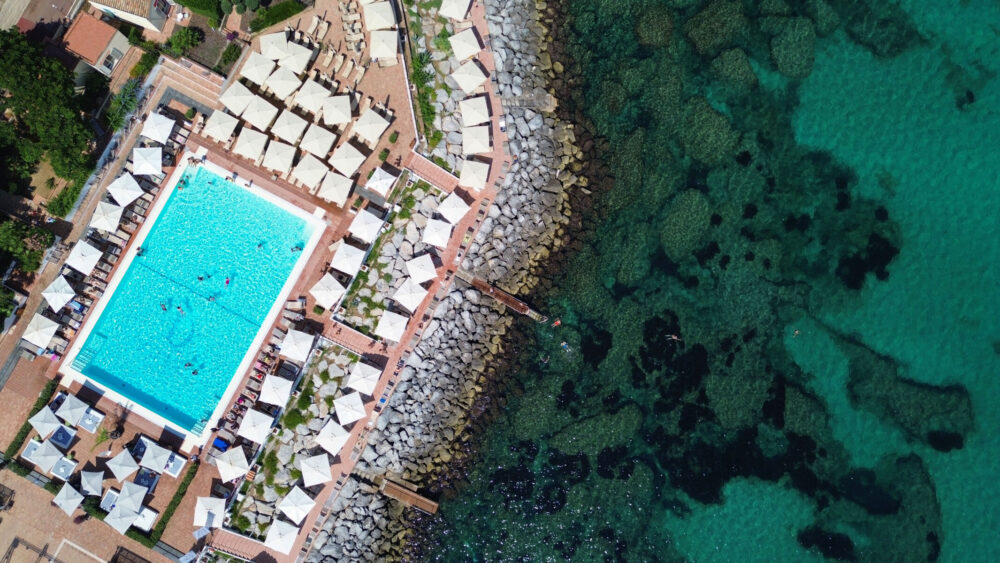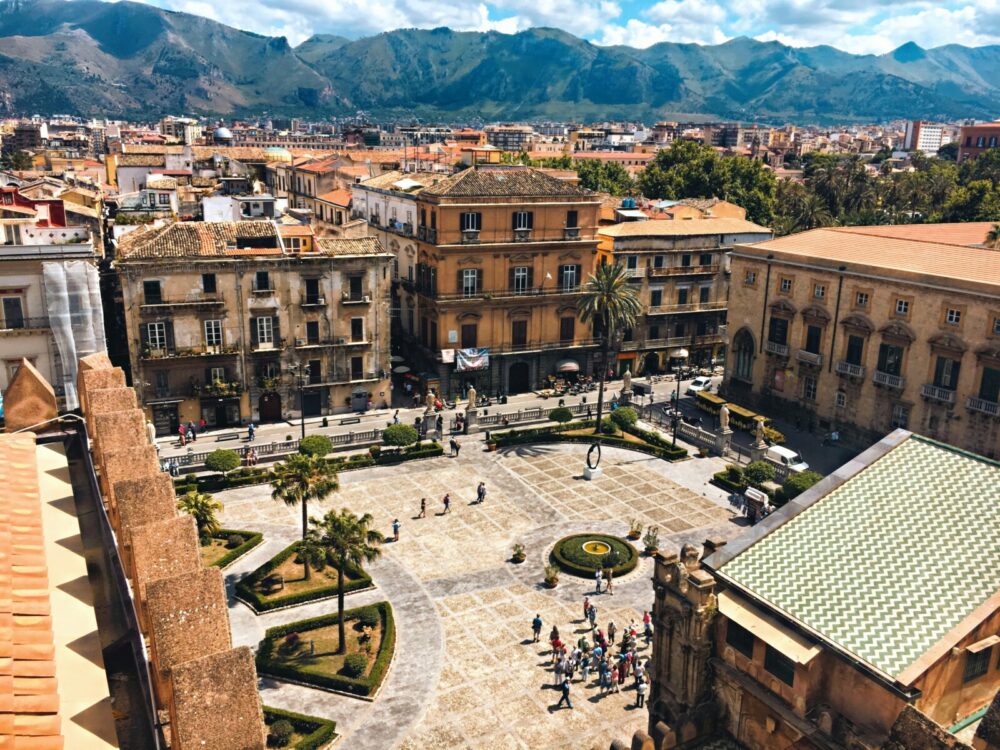Sicilian Oil: Facts Worth Knowing
Sicilian oil is a culinary treasure that embodies the richness and diversity of Sicily. With a tradition that dates back millennia, Sicilian olive oil is renowned for its superior quality and distinctive flavor, the result of a unique territory and production techniques passed down from generation to generation. This liquid gold is a fundamental ingredient in Mediterranean cuisine, appreciated not only for its taste but also for its health benefits. Let’s discover the curiosities and characteristics that make Sicilian oil such a special product.
What is the best Sicilian oil?
Sicily, with its mild climate and fertile land, is home to some of the best olive oils in the world. Among the most appreciated varieties, the extra virgin olive oil produced with Nocellara del Belice, Tonda Iblea, and Biancolilla olives stands out. These cultivars are famous for their unique aromatic profile and balanced taste, which ranges from fruity to spicy. The Nocellara del Belice oil, for example, is known for its fruity and slightly bitter flavor, with notes of green tomato and fresh herbs. The Tonda Iblea, on the other hand, offers a sweeter and more aromatic taste, with hints of ripe tomato and basil. Finally, Biancolilla oil is appreciated for its delicacy and floral aroma, with notes of almond, fresh grass, and light hints of green tomato.
The quality of Sicilian oil is guaranteed by rigorous controls and certifications, such as the DOP (Protected Designation of Origin), which ensure the authenticity and origin of the product. Choosing the best Sicilian oil depends on personal preferences and culinary use, but one thing is certain: every drop of this precious elixir tells the story and passion of an extraordinary land.
How is it produced?
Sicilian oil is produced through a process that combines tradition and innovation, ensuring a high-quality product with an authentic flavor. Everything begins with the harvesting of olives, which takes place between October and December, often by hand or with delicate mechanical tools to avoid damaging the fruits. The cultivated varieties, such as Nocellara del Belice or Biancolilla, give the oil the typical scents and aromas of Sicily. Once harvested, the olives are quickly transported to the press to avoid unwanted fermentation. Here, the crushing process takes place, which breaks the pulp and releases the oil, followed by the malaxation, a process that promotes the aggregation of micro-drops of oil.
The extraction is done cold, that is, at temperatures below 27°C, to best preserve the organoleptic and nutritional properties. The oil is then filtered and stored in stainless steel containers, protected from light and heat, to maintain its freshness. This method, respectful of the raw material and the environment, gives life to an extra virgin olive oil that tells the story, the climate, and the passion of a unique land like Sicily.
How much does Sicilian oil cost?
When one thinks of Sicily, the image of sun-kissed olive groves is inevitable. Sicilian oil, renowned for its quality and unmistakable flavor, is a product that embodies the essence of this land. But how much does Sicilian oil really cost? The price can vary significantly based on several factors, including quality, origin, and production method. Sicilian extra virgin olive oils, often produced in small quantities by family businesses, can cost between 10 and 30 euros per liter.
For connoisseurs seeking a unique sensory experience, there are premium varieties that exceed 50 euros per liter, thanks to artisanal production processes and rare cultivars. Buying Sicilian oil directly from local producers offers the opportunity to discover the stories and traditions behind each bottle. Sicilian oil is not just a condiment, but a journey through the flavors and aromas of a region rich in history and passion.
Where is oil produced in Sicily?
Sicily, with its Mediterranean climate and fertile land, is one of the most renowned regions for the production of high-quality olive oil. The rolling hills and landscapes of the island host some of the oldest and most prestigious olive cultivars, such as Nocellara del Belice, Biancolilla, and Cerasuola. These native varieties are mainly cultivated in the provinces of Trapani, Agrigento, and Palermo, where the climatic and geographical conditions favor the production of an oil with a fruity and aromatic flavor.
The Val di Mazara area, in particular, is famous for its extra virgin olive oils that boast the Protected Designation of Origin (DOP), a recognition that guarantees the quality and authenticity of the product. Sicilian olive groves, often managed by families who pass down the tradition for generations, offer a unique experience for visitors who wish to immerse themselves in the culture and history of the island.
Guests of Domina Zagarella Sicily can explore these fascinating territories and discover the secrets of olive oil production, enriching their stay with a touch of authenticity and luxury. Staying with us means embracing a luxury experience without compromise, where every detail is designed to offer the utmost comfort and elegance: book your stay at Domina Zagarella Sicily now and discover the true meaning of authenticity, luxury, and passion.

